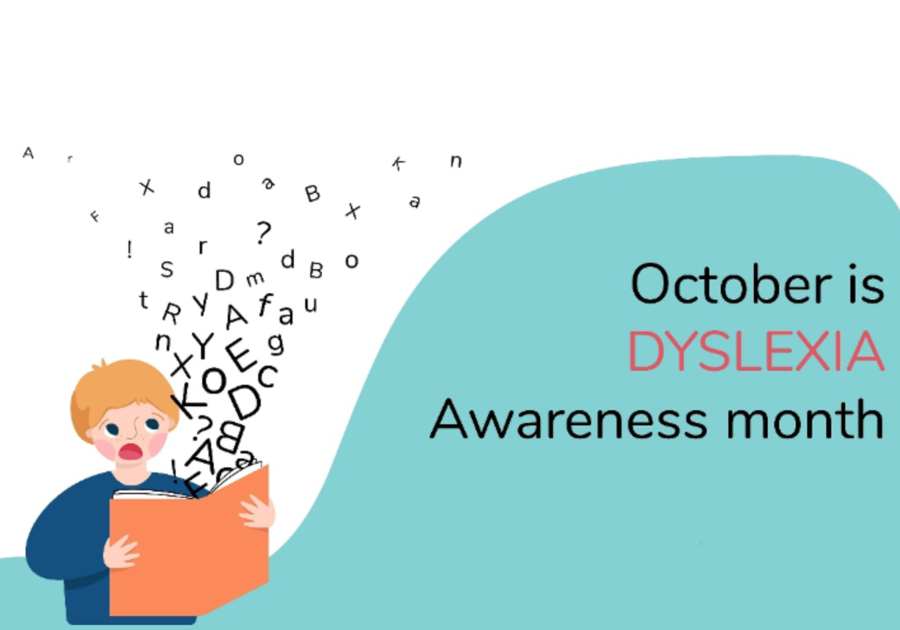What is Dyslexia?
Dyslexia is a specific type of learning disability that causes children to have significant difficulty learning to read/decode words accurately and fluently. Dyslexia is believed to result from a difference in the way the brain processes phonological information (sounds that make up words). It can be inherited from family members or occur on its own. The learning challenges experienced by children with Dyslexia are often unexpected, as these individuals typically have average to above-average intelligence along with strengths in other areas (such as math). With proper support and intervention, most children with dyslexia learn to read; however, their reading may be labored or less proficient than their peers. Secondary symptoms of Dyslexia include problems with reading comprehension and reduced reading experiences, which can limit growth of vocabulary and general knowledge. If your child is experiencing reading difficulties, it is important to recognize the signs and seek help early.
What are some signs of Dyslexia?
- Difficulty learning letters/sounds
- Difficulty learning to rhyme
- Trouble sounding out and/or remembering simple words
- Inconsistent word recognition from day to day
- Difficulty reading and spelling words in the correct sequence ("top" rather than "pot")
- Reading slowly or with poor accuracy
- Spelling difficulties (“off the wall” spelling patterns)
- Reading below the level that is expected for age/grade
- Avoiding activities that involve reading
Many people think that the main sign of Dyslexia is reading and writing letters backward; however, this is not always the case. Reversing letters is developmentally appropriate in the early elementary years, but becomes more of a concern if it persists past second grade and/or occurs along with other signs mentioned above.
How to Get Help
Early intervention is extremely important in order to help a child with Dyslexia learn to read, spell, and learn strategies to cope with the condition. Children with Dyslexia may be eligible to receive intervention support, specialized instruction, and/or accommodations to support their educational progress.
In most cases, Dyslexia is diagnosed through a comprehensive evaluation conducted by a school/educational psychologist. A thorough evaluation will consider the child’s developmental history and any potential factors that could be contributing to the problem, in addition to direct testing.
If you believe that your child may have Dyslexia (or any type of learning disability), please contact Psych Learning Solutions at 803-310-4030 or www.psychlearningsolutions.com for a free consultation or to schedule a screening/evalaution.


